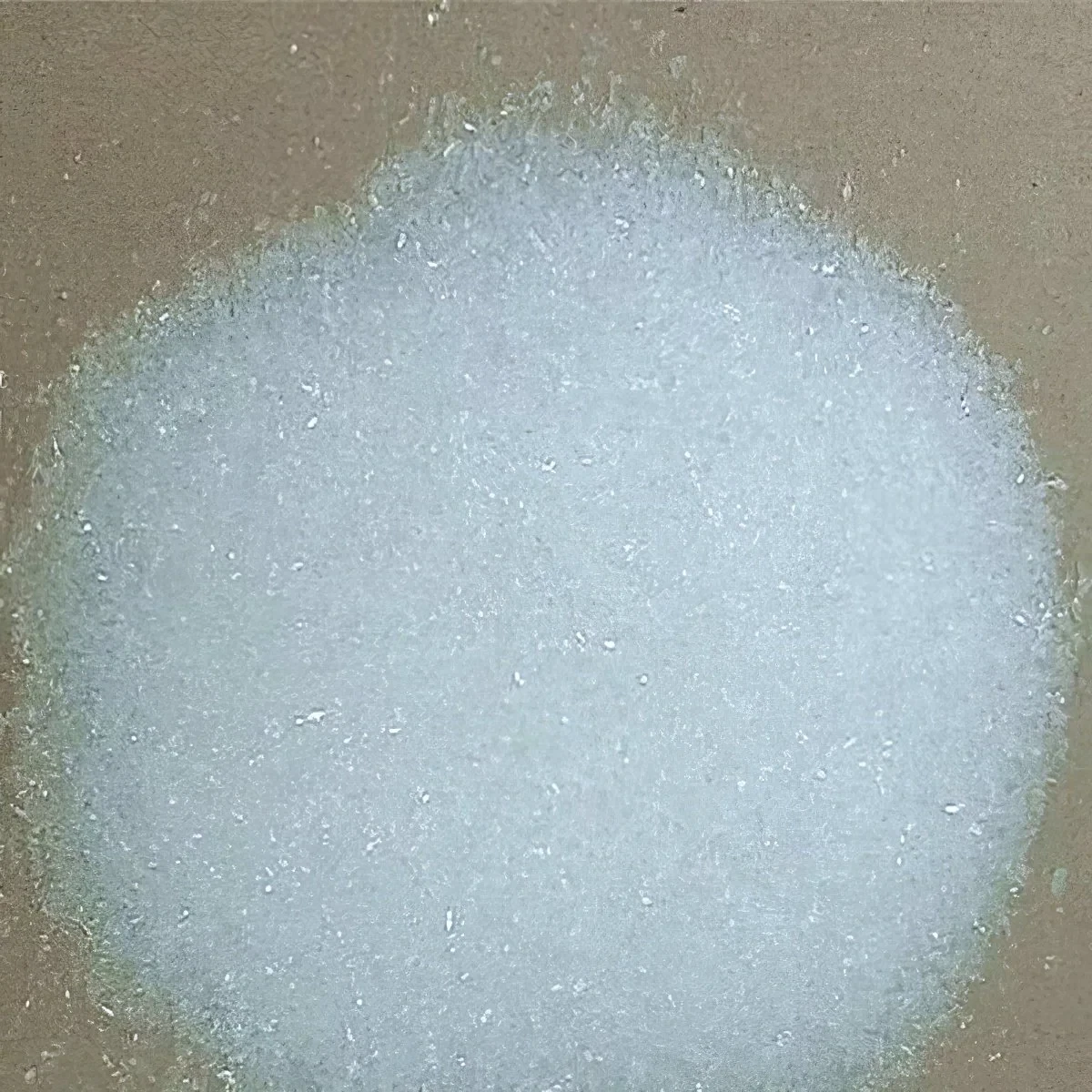



Chemical Processing and Treatment Solutions for Effective Waste Management Systems
Chemical Treatment Systems An Overview
Chemical treatment systems play a crucial role in numerous industrial processes, environmental management, and waste treatment applications. These systems are designed to use chemical reactions to modify or eliminate contaminants in various materials, such as water, wastewater, and air. This article explores the fundamentals of chemical treatment systems, their applications, and their importance in maintaining environmental and public health.
At the core of chemical treatment systems is the principle of chemical reactions. These reactions can be classified into several types, including neutralization, oxidation-reduction, precipitation, and coagulation. Each type is tailored to address specific contaminants or pollutants. For instance, neutralization reactions are commonly employed to treat acidic or alkaline wastewater by adding a corresponding base or acid, thus achieving a balanced pH.
In the case of oxidation-reduction reactions, commonly used in wastewater treatment, agents such as chlorine or hydrogen peroxide are used to eliminate pathogens and organic matter. Precipitation, on the other hand, involves the transformation of dissolved substances into solid particles, allowing for easier removal from liquid waste. This method is particularly effective in treating heavy metal contaminants.
Chemical treatment systems are widely utilized across various industries, including pharmaceutical, petrochemical, food and beverage, and electronics manufacturing. In these sectors, water treatment systems ensure that wastewater is adequately treated before being released into the environment or reused in production processes. Efficient chemical treatment enhances water quality, minimizes environmental impact, and helps companies comply with stringent regulatory standards.
chemical treatment system

Moreover, these systems also play a vital role in air pollution control. Chemical scrubbers are designed to remove airborne contaminants, such as sulfur dioxide and ammonia, from exhaust gases. These systems inject chemical reagents into the gas stream, which react with pollutants to form harmless byproducts that can be safely disposed of or further treated.
The importance of chemical treatment systems is further highlighted by their role in managing hazardous waste. Substances classified as hazardous often require specific treatments to render them less harmful or to isolate them from the environment. Chemical treatment systems can facilitate this process through various methods, such as solidification, stabilization, or detoxification, ensuring that waste is handled responsibly.
In addition to their widespread application in industry, chemical treatment systems contribute significantly to public health and safety. By effectively treating wastewater and hazardous materials, these systems prevent contamination of drinking water supplies and reduce the risk of chronic diseases associated with waterborne pathogens and pollutants. This protective role serves both local communities and the environment, fostering sustainable practices and ensuring a healthier future.
However, while chemical treatment systems provide significant benefits, they are not without challenges. The selection of appropriate chemicals, equipment, and operational protocols is critical for the system's effective functioning. Furthermore, the potential for chemical spills or accidents necessitates strict adherence to safety guidelines and regulations to prevent adverse effects on workers and the surrounding environment.
In conclusion, chemical treatment systems are indispensable in managing contaminants across various sectors. Through diverse chemical reactions, these systems effectively treat wastewater, control air pollution, and ensure the safe disposal of hazardous materials. As industrial processes evolve and environmental regulations become more stringent, the continued advancement and optimization of chemical treatment technologies will be essential. By investing in innovation and training, we can improve these systems' efficiency and effectiveness, ultimately safeguarding our health and protecting the planet.
-
Why Sodium Persulfate Is Everywhere NowNewsJul.07,2025
-
Why Polyacrylamide Is in High DemandNewsJul.07,2025
-
Understanding Paint Chemicals and Their ApplicationsNewsJul.07,2025
-
Smart Use Of Mining ChemicalsNewsJul.07,2025
-
Practical Uses of Potassium MonopersulfateNewsJul.07,2025
-
Agrochemicals In Real FarmingNewsJul.07,2025
-
Sodium Chlorite Hot UsesNewsJul.01,2025










